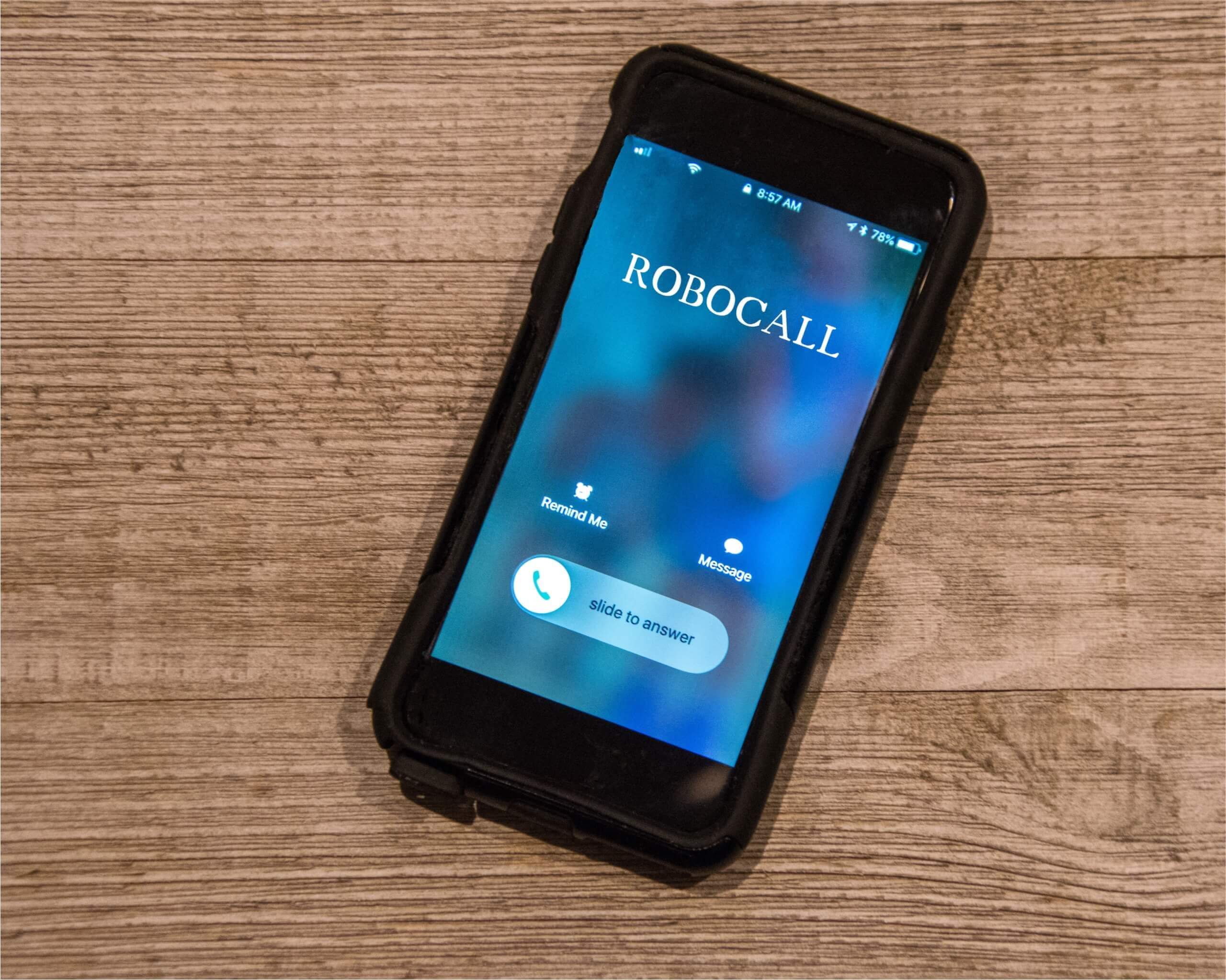What just happened? The FCC is moving ahead with laying the groundwork to to eradicate spam calls. Cellular providers will now be allowed to block robocalls by default, meaning customers will n o longer have to opt-in to call blocking. It also wants to see providers implement caller ID authentication by the end of the year.

Last month, Federal Communications Commission (FCC) Chairman Ajit Pai proposed allowing cellular carriers to block robocalls by default. On Thursday the commission voted to approve the proposal.
Under the provision, providers will be allowed to “aggressively” block robocalls before the calls reach the subscriber’s phone. Carriers must be reasonably sure that the originating calls are spam. In other words, they do not want to see legitimate automated calls from say your kid’s school getting flushed down the toilet.
The commission also says that providers must allow customers to opt out of blocking if they wish. Currently, many carriers provide opt-in blocking. AT&T, for example, offers a basic spam blocking service for free with a premium version for $4 per month.
The FCC’s declaratory ruling reverses that and allows blocking to be on by default. This will supposedly allow carriers to protect more customer and make it easier to implement blocking mechanisms such as SHAKEN/STIR to effectively bring down implementation costs. The commission has also proposed that carriers have the SHAKEN/STIR caller ID authentication framework implemented by the end of the year.
"There is nothing in our decision today that prevents carriers from charging consumers for this blocking technology to stop robocalls."
While the commissioners approved the proposal unanimously, Commissioners Michael O’Rielly and Jessica Rosenworcel partially dissented the motion citing that the ruling did not prevent carriers from charging for blocking unwanted calls.
“I think robocall solutions should be free to consumers. Full stop,” Rosenworcel said in a separately issued statement. “There is nothing in our decision today that prevents carriers from charging consumers for this blocking technology to stop robocalls.”
In her opinion, customers are already paying the price in scams and wasted time responding to fraudulent calls.
“I am disappointed that for all our efforts to support new blocking technology, we couldn’t muster up the courage to do what consumers want most—stop robocalls and do it for free,” Rosenworcel said in closing. “On this aspect of today’s decision, I dissent.”
The move comes on the heels of the Senate passing stricter law enforcement regulations against scam callers last month.
Image credit: Alan Budman / Shutterstock.com
https://www.techspot.com/news/80409-fcc-votes-allow-cell-phone-providers-auto-block.html